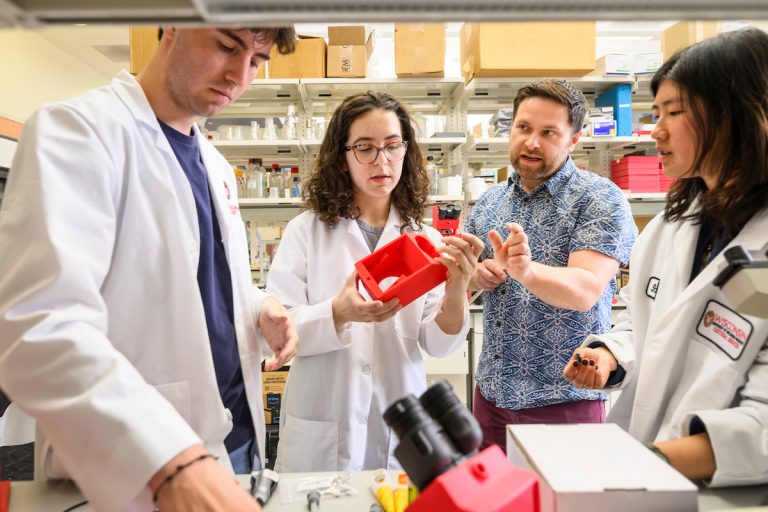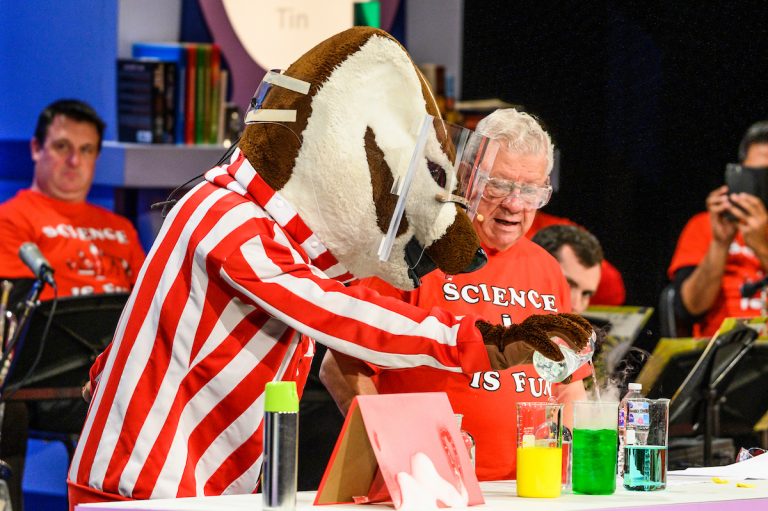
What is a Training Grant?
A training grant (e.g. T32, T35, T15, TL1) is an NIH-funded grant that is obtained by institutions, departments, or graduate programs to provide specific research training focused on a discipline or disease-focused research area. Training grants provide the recipient with financial resources to support dedicated training to fund predoctoral and/or postdoctoral trainees for a portion of their time during training.
Does UW-Madison hold training grant programs?
UW-Madison hosts over 30 training grant programs, which is a testament to the enhanced research environment at our institution. These programs strengthen the world class research training at UW-Madison with external funding, allowing them to attract talented individuals from a broader group of applicants and support their success with targeted training in priority science areas. Training grants allow the institution to promote rigorous and reproducible research methods while preparing future leaders in science with the necessary skills to address critical national health priorities.


How does a Training Grant support my career interests?
As a prospective applicant, a training grant represents one of many ways in which programs support the costs associated with research training and scientific development.
Many UW–Madison biological science graduate programs have access to an array of NIH training grant programs across campus. These training grants are intended to support graduate students as they pursue their research and training goals. They also enrich the graduate training experience in a variety of disciplines.
For postdoctoral fellows, training grants provide additional structured research time with a comprehensive plan for training. This allows institutions to select postdoctoral candidates and identify a development plan based upon their career interests.
What do Training Grants provide?
A few examples of support include:
- Provide a rigorous and flexible framework for your success
- Stipend, tuition, and travel support as well as a childcare allowance
- Cultivate strong relationships with faculty and peers in a variety of scientific areas
- Engage in cutting-edge collaborative research and programming
- Tools and knowledge to make meaningful contributions

When prospective applicants connect with UW–Madison program representatives, they are encouraged to inquire which training programs may be associated with their biomedical research program. For a list of training programs at UW-Madison, visit the Training Grants at UW-Madison page.